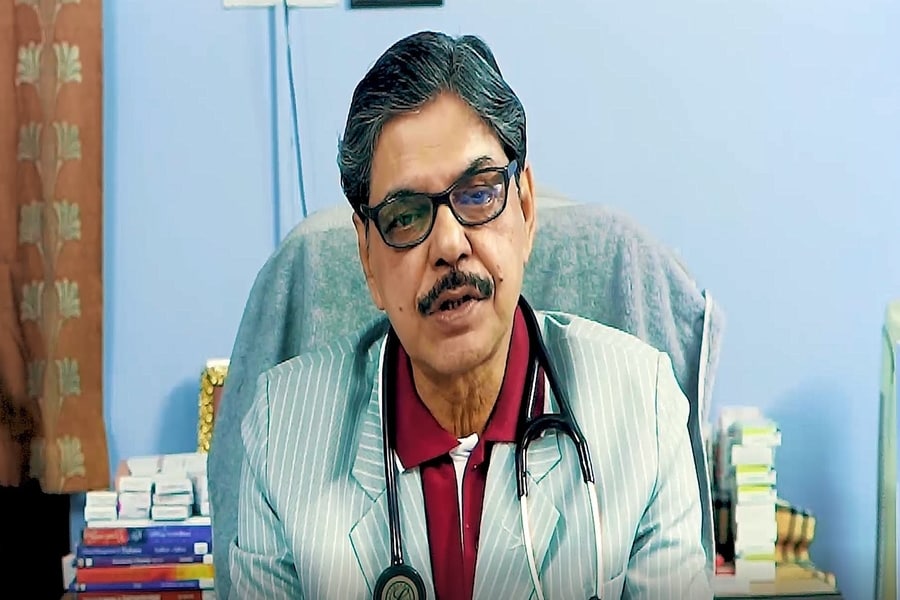
High Blood pressure: Home monitoring and impact of family history
Family history influences your chances of having high BP, while in patients with high BP home monitoring of BP certainly helps, says Dr. Ashok Mukherjee

Checking your blood pressure at home is an important part of managing high blood pressure. Various International organizations recommend that anyone with high blood pressure monitor his or her blood pressure at home. Self-monitoring can help your doctor diagnose high blood pressure earlier especially, if you have elevated blood pressure or another condition that could contribute to high blood pressure, such as diabetes or kidney problems. Monitoring blood pressure changes at home can help you to know whether your lifestyle changes or medications are working, and aid your doctor in making decisions about your treatment, such as adjusting dosages or changing medications.
Blood pressure monitors are available widely and without a prescription, so home monitoring is an easy step toward improving your condition. Before you start, it's important to know the right technique and to find a good home blood pressure monitor. Also, home blood pressure monitoring is not a substitute for visits to your doctor, and home blood pressure monitors may have some limitations. However, if continued home monitoring shows your blood pressure is under control, you might be able to make fewer appointments with your doctor.
Issued in Public Interest by USV PVT LTD
A family history of high blood pressure means you have someone in your family (a blood relative such as a mother, father, sister, or brother) who has or had high blood pressure before the age of 60. Family members share genes, behaviors, lifestyles, and environments that can influence their health and their risk for disease. The risk for high blood pressure can increase even more when heredity combines with unhealthy lifestyle choices, such as smoking cigarettes and eating an unhealthy diet. If you have one or more close family members with high blood pressure before the age of 60, it means you are twice likely to have it. It is important to understand that a family history of high blood pressure does not mean you will have high blood pressure, but it does increase your chances.
To keep high blood pressure at bay while you have family history, you should get your blood pressure checked at least once a year to make sure it is within normal levels. Reduce other risks for high blood pressure by eating healthy foods, using less salt, exercising, losing weight if needed and stopping smoking. If you are already being treated for high blood pressure, it is important to take the medications regularly that have been prescribed for you. Also, keep your scheduled appointments with your health care provider.
Disclaimer: The views, suggestions and opinions expressed here are the sole responsibility of the experts. No Forbes India journalist was involved in the writing and production of this article.




